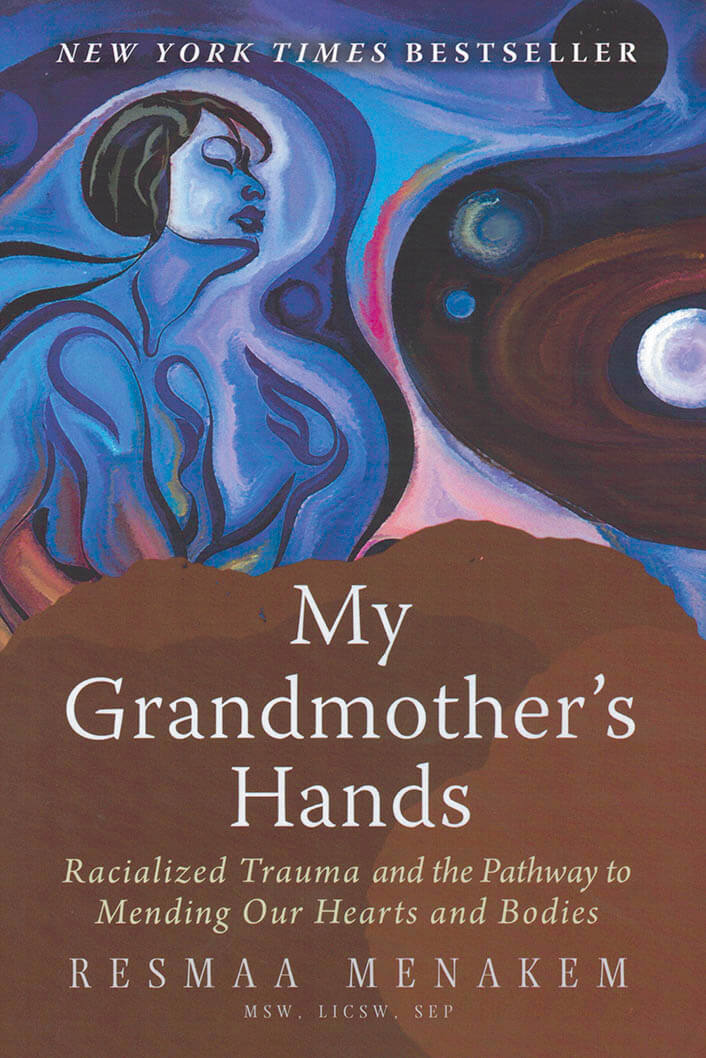
My Grandmother's Hands: Racialized Trauma and the Pathway to Mending Our Hearts and Bodies
Racism and trauma are addressed as the author examines white supremacy in America from the perspective of body-centered psychology.
The body is where our instincts reside and where we fight, flee, or freeze, and it endures the trauma inflicted by the ills that plague society. Menakem argues this destruction will continue until Americans learn to heal the generational anguish of white supremacy, which is deeply embedded in all our bodies. Our collective agony doesn't just affect African Americans. White Americans suffer their own secondary trauma as well. So do blue Americans — our police.
Language: English




